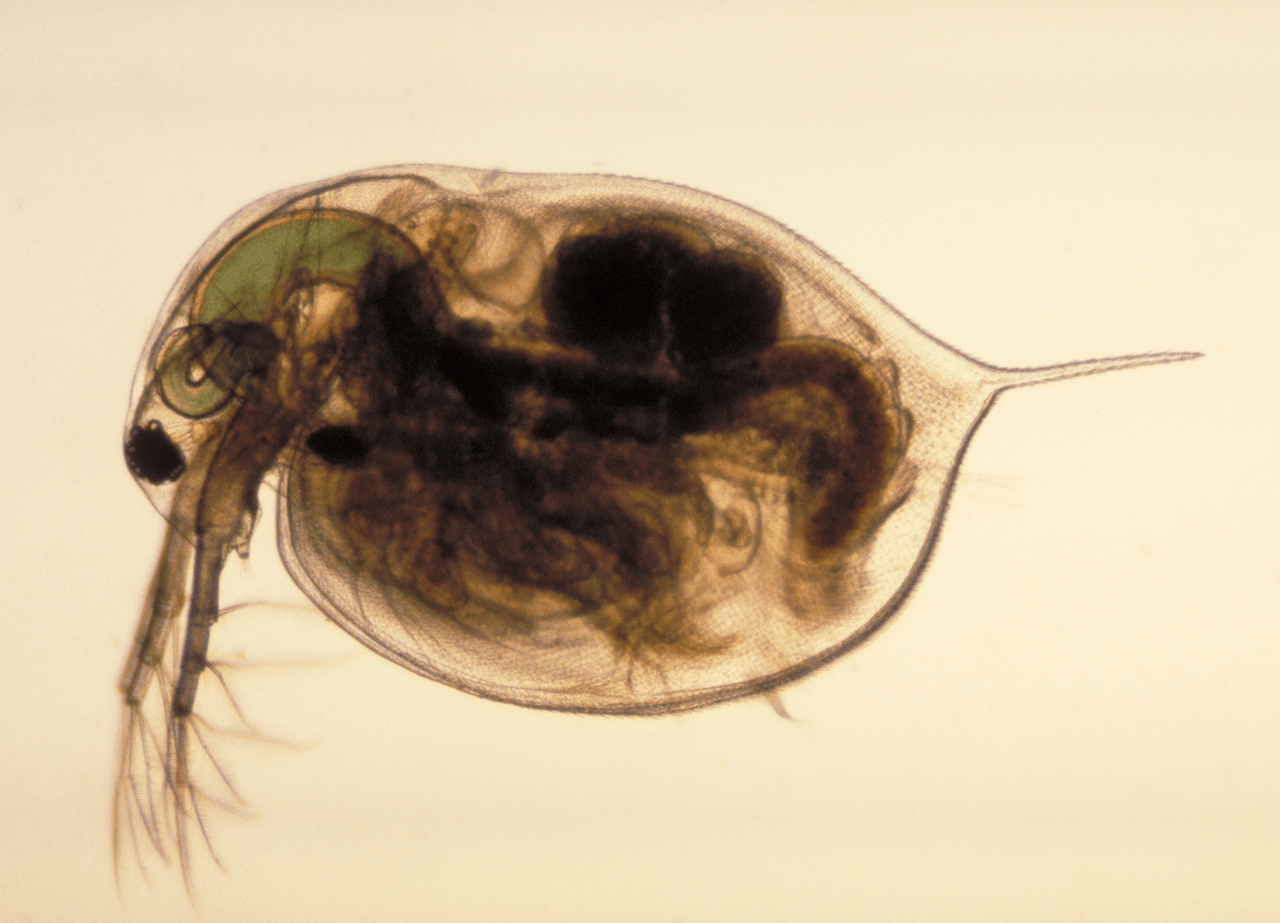Researchers from the Center for Ocean Life at the Technical University of Denmark (DTU) have challenged the 150-year-old Darwinian taxonomy tradition that the animal kingdom should be divided up into species.
Based on researching water fleas, the researchers argue that perhaps it is more simple and beneficial for biological research to look at what organisms have in common across species.
Since Charles Darwin’s heyday, science has attempted to better comprehend nature by using Darwin’s ‘Origin of Species’ as the underpinning of all biological research.
But using species is an inadequate and complex way of describing ecosystems if you want to understand their function, according to Thomas Kjørboe, a professor at the Center for Ocean Life.
“One of ecology’s more important goals is to understand why organisms are as widespread as they are and how ecosystems are structured,” Kjørboe told Videnskab.dk.
“The traditional way of doing it is to look at how the species are divided. But the creatures in the ocean don’t live where and how they live because of their name or relationship – they live based on how they adapt to and utilise their environment.”
READ MORE: Greenland shark documented as being the oldest living vertebrate
Simple and accurate
Instead, Kjørboe and his colleagues investigate the traits that characterise the individuals, such as their way of feeding. He contends that this is a much more simple way of dividing and describing marine ecosystems and also directly says something about the function of the ecosystems.
The researchers looked at the three fundamental missions in life that all animals live by: to eat, survive and reproduce. The mutual traits that the researchers have divided the water fleas into all impact the three fundamental missions.
And because all our life missions are the same, it is theoretically possible to divide all the world’s organisms based on their traits.
“We are not interested in species, but their function. And the ecosystem is definitely made up of these traits,” said Kjørboe.
“There are far fewer mutual traits than there are species, so it is a more precise and simple way of describing things. You can translate species to traits, but you can’t do it the other way around. That indicates that we are actually skipping a link.”
The research has been published in the scientific journal Ecology Letters.















